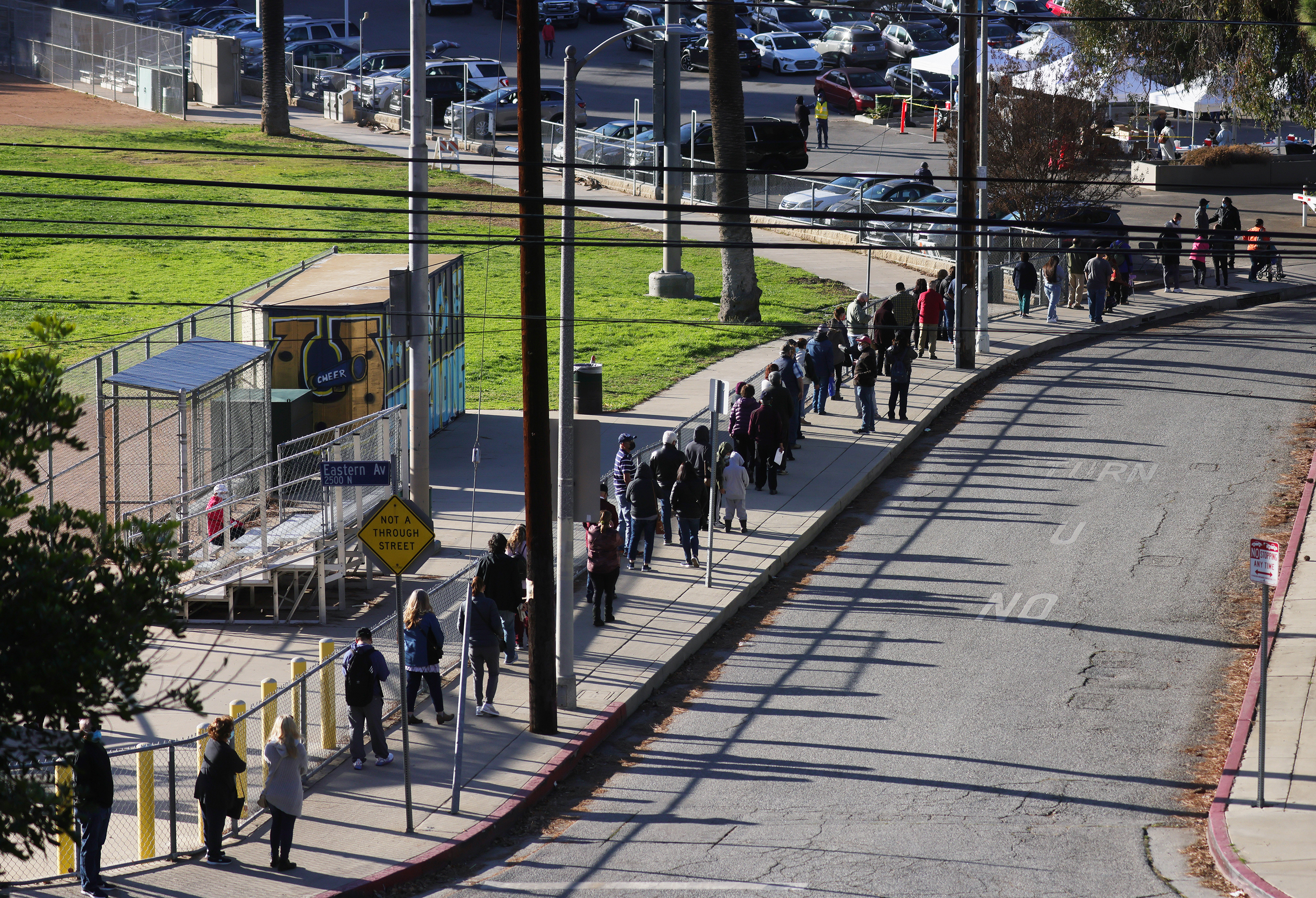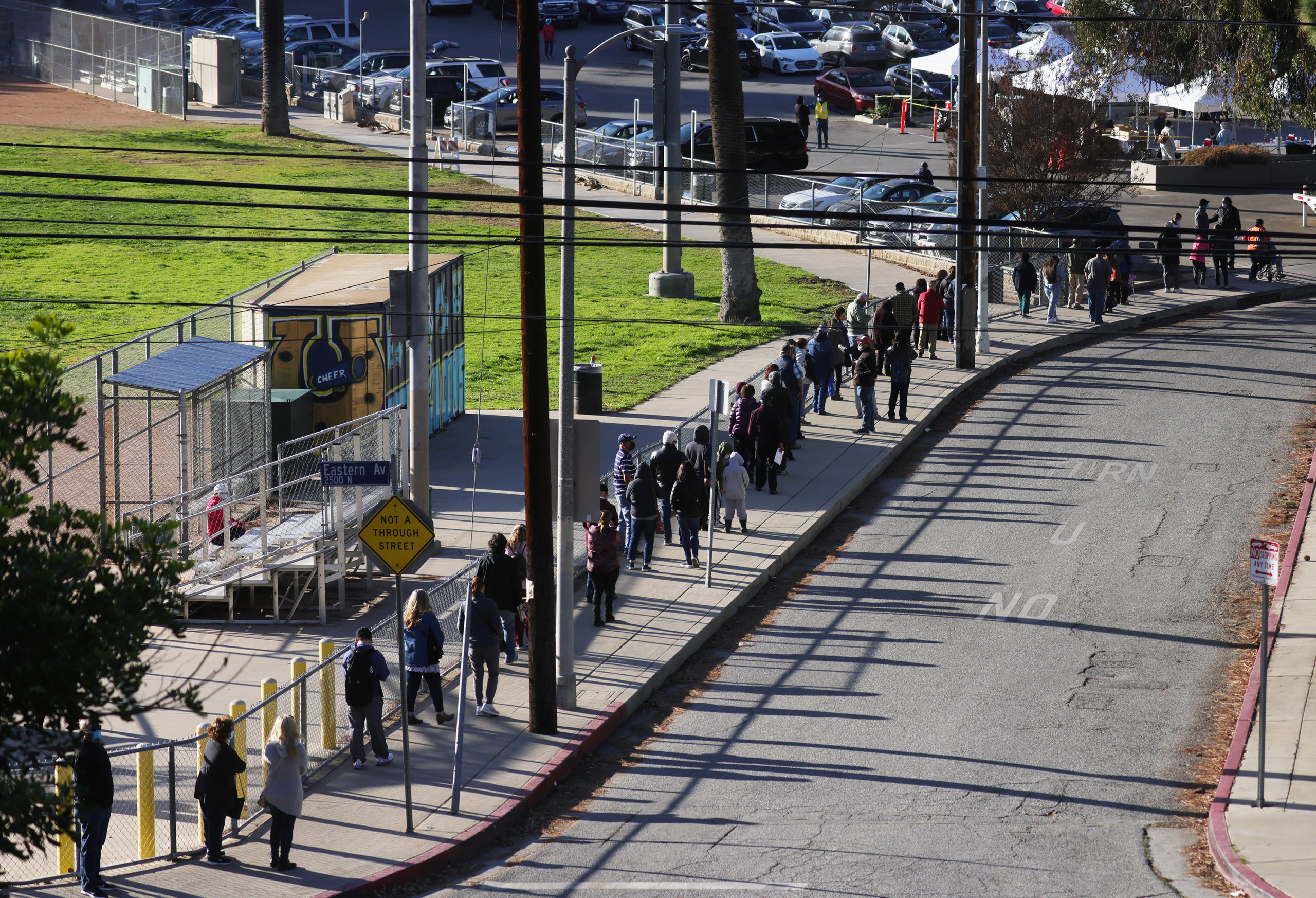
President Biden is continuing to chase a bipartisan deal over his $1.9 trillion coronavirus relief proposal, but White House officials privately acknowledge the bill will need to be pared down to secure Republican support after GOP lawmakers balked at the price tag.
It’s not clear how much the White House will be willing to lower the price tag and whether that will be enough to secure Republican support. And even as they acknowledge that reality, Biden administration officials and congressional Democrats are increasingly skeptical a bipartisan deal can be reached.
Several key Republican senators are also raising questions about whether the White House is serious about a bipartisan deal.
Biden has repeatedly said a bipartisan deal is his preference, but his aides have also stressed the urgent need for economic relief and the new Democratic majority in the Senate is considering a rare procedural tactic known as reconciliation to jam major parts of the legislation through along party lines.
Sources said the reality of the White House’s economic team and congressional Democrats pressing for speed and scale has started to settle in on both sides of Pennsylvania Avenue.
Here’s a look at some key items proposed in Biden’s rescue package:
Beefed-up stimulus payments: The plan calls for sending another $1,400 per person to eligible recipients. This money would be in addition to the $600 payments that were approved by Congress in December and sent out earlier this month — for a total of $2,000.
The new payments would go to adult dependents that were left out of the earlier rounds, like some children over the age of 17. It would also include households with mixed immigration status, after the first round of $1,200 checks left out the spouses of undocumented immigrants who do not have Social Security Numbers.
Enhanced unemployment aid: Biden would increase the federal boost the jobless receive to $400 a week, from the $300 weekly enhancement contained in Congress’ relief package from December. He would also extend the payments, along with two key pandemic unemployment programs, through September. This applies to those in the Pandemic Emergency Unemployment Compensation program who have exhausted their regular state jobless payments and in the Pandemic Unemployment Assistance program, which provides benefits to the self-employed, independent contractors, gig workers and certain people affected by the pandemic.
Lawmakers only provided an additional 11 weeks of support in the December package, which will last until March.
Rental assistance and eviction moratorium: The plan would provide $25 billion in rental assistance for low- and moderate-income households who have lost jobs during the pandemic. That’s in addition to the $25 billion lawmakers provided in December.
Another $5 billion would be set aside to help struggling renters to pay their utility bills. Biden is also calling for $5 billion to help states and localities assist those at risk of experiencing homelessness.
The plan would extend the federal eviction moratorium, set to expire at the end of January, to Sept. 30, as well as allow people with federally-guaranteed mortgages to apply for forbearance until Sept. 30.
You may also like
-
UK coronavirus variant has been reported in 86 countries, WHO says
-
NASA technology can help save whale sharks says Australian marine biologist and ECOCEAN founder, Brad Norman
-
California Twentynine Palms: Explosives are missing from the nation’s largest Marine Corps base and an investigation is underway
-
Trump unhappy with his impeachment attorney’s performance, sources say
-
Lunar New Year 2021: Ushering in the Year of the Ox

